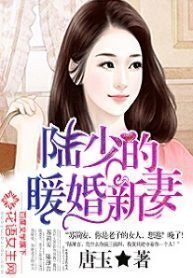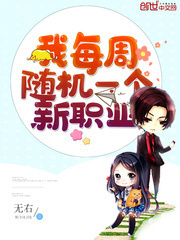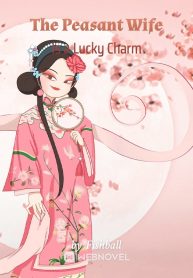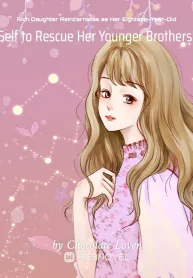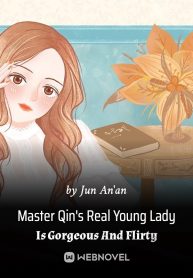On the way to the emergency department, Dr. Xie Wanying and Dr. Wen Zihan had a brief academic internal exchange.
The two beautiful doctors have been partners for many times, and they have become more and more skilled in their cooperation. Their conversations have become more and more refined, almost turning into divine words, which means that the people next to them seem to be communicating in alien language that is difficult to understand. .
Everyone knows that Dr. Wen is going to be the leader of the acupuncture department. The hospital asked her to arrange a small follow-up for her before she actually becomes the leader.
This little follower is a young doctor who will work in the acupuncture department of the National Association of China in the future. He will learn some skills from Mr. Wen in advance.
Those who can be specially arranged to learn from the big guys are generally not simple.
Indeed, this person is also a graduate of the College of Traditional Chinese Medicine recruited by the National Association of China with a lot of money. He is from the same alma mater as Dr. Wen Zihan. He is Dr. Wen’s younger brother. He admires Dr. Wen very much and is called Dr. Ojijia.
Dr. Ojijia followed Teacher Wen. The pressure he felt was not brought by Teacher Wen, but by Teacher Xie, who clearly did not study Chinese medicine.
The source of pressure that outstanding students fear most is never their teachers, but their classmates. It can be seen from this that Dr. Ojijia is definitely an excellent student. At least he knows much more about Chinese medicine than Dr. Chang Jiawei, Dr. Fu Xinheng and other new Chinese medicine students who pretend to be good at learning Chinese medicine.
Helping, what kind of competitor has he encountered?
Cousin Teacher Xu mentioned that the characteristic of this strange case is sweating.
As for sweat, the traditional Chinese medicine explanation is that Dr. Xie Wanying said: "Yang added to yin is called sweating."
Body fluid belongs to water and belongs to yin in ancient Chinese culture. The body fluid of the human body is pushed out of the body by the yang energy of the body and forms sweat, which is used to explain the meaning of the ancient Chinese medicine saying above.
Human body fluids are distributed throughout the body and are closely related to all tissues and organs of the human body. If you take a closer look, you will find that this medical judgment is similar to Western medicine.
Western medicine’s explanation of human sweat tends to be based on a local view of skin excretion. However, it also conducts in-depth research on the formation mechanism of sweat and finds that it cannot be entirely a skin problem. For example, according to the most common Western medical theory, sweating is a way for the human body to regulate its own body temperature. We have seen marathon runners who have sweated a lot during running and are more likely to die from hypothermia when encountering ultra-low temperatures. This is an example of this.
Sweating is at least closely related to hypothermia and fluid loss. Therefore, when clinicians see a patient sweating profusely, regardless of traditional Chinese or Western medicine, they must first judge this first point and observe the body temperature and whether rehydration is needed. This is also common sense for home care patients.
When Dr. Xie uttered his first ancient Chinese medicine saying, Dr. Ao already felt very strange and a little bit unprecedented.
Who in the medical circle knows that very few Western doctors are interested in Chinese medicine and are very repulsive about it? He has seen very few Western doctors who can recite ancient Chinese medicine books. Among the young Western doctors, Dr. Xie is the first he has ever heard of.
The classification of perspiration in traditional Chinese medicine is much older. After combining it with modern medicine, there are so many of them, and the categories have been added.
I thought Dr. Xie would add his own views on Western medicine to classify Chinese medicine, but he didn’t. The second sentence was about: “the fluid of the heart.”
Body fluids are explained in the oldest ancient books of traditional Chinese medicine as being driven by the heart, so everything needs to go back to the original. Judging a patient's abnormal sweating may be based on the heart organ. In traditional Chinese medicine, it can be combined with the meridian system commonly used in acupuncture. for diagnosis.
Dr. Ao found that he was an outstanding student of Chinese medicine, but his brain was obviously stuck, and he did not have Dr. Xie's idea of applying what he learned from reading ancient Chinese medicine books.
If Teacher Wen asked him—yes, Dr. Wen Zihan turned around and asked him for his opinion.
Dr. Ao: Can I say that I only know that Chinese medicine in modern teaching textbooks divides sweating into spontaneous sweating, night sweats, and deficient sweating...it's so shameful.
Oh, spontaneous sweating and night sweats are still classified as sweating due to constipation.
Thank you for your support, good night, dear friends~
